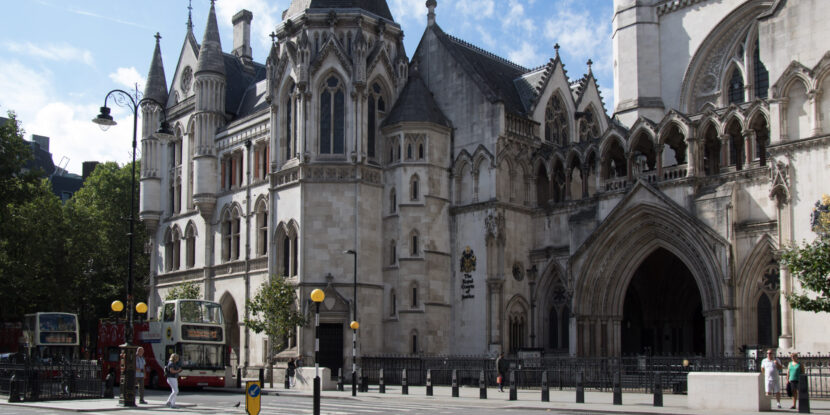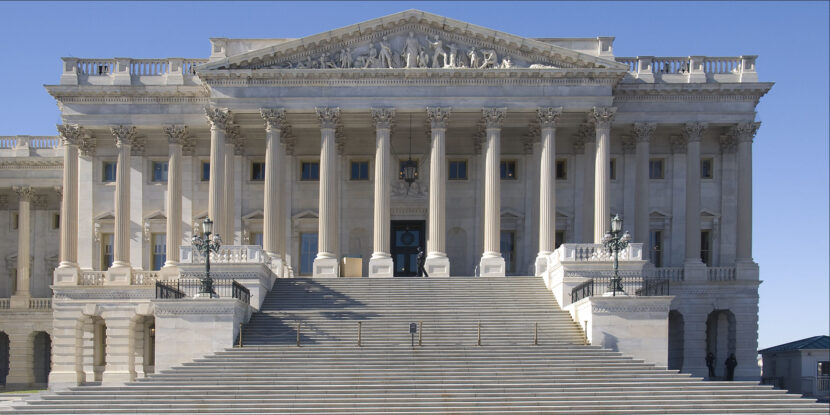❓WHAT HAPPENED: The High Court in England rejected the Wikimedia Foundation’s legal challenge against Britain’s so-called Online Safety Act.
👤WHO WAS INVOLVED: The Wikimedia Foundation, the High Court, British government regulator Ofcom, and the Department for Science, Innovation, and Technology.
📍WHEN & WHERE: The ruling was delivered in England in August 2025.
💬KEY QUOTE: “This does not give Ofcom and the Secretary of State a green light to implement a regime that would significantly impede Wikipedia’s operations.” – Justice Jeremy Johnson
🎯IMPACT: The decision raises concerns about free speech restrictions, with U.S. lawmakers warning of international implications.
The High Court in England has delivered a significant win for the UK government’s controversial Online Safety Act by dismissing a legal challenge brought by the Wikimedia Foundation. The decision upholds a law enabling sweeping government censorship online, sparking fresh concerns over the state of free speech in the United Kingdom.
The Wikimedia Foundation, which operates Wikipedia, argued that the legislation’s expansive regulatory powers threaten the site’s open, collaborative model. The risk of being designated a “Category 1” service was particularly concerning, as this official classification would require the site to implement strict identity verification for all users who edit or contribute to content. Wikimedia warned such a move would severely undermine its volunteer-driven approach, discourage British contributors, and reduce public access to its information.
While dismissing the lawsuit, Justice Jeremy Johnson claimed that his ruling does not give regulators unchecked power. He noted that Wikimedia retains the right to challenge any future decision by Ofcom, the British media regulator, if it “concludes that Wikipedia is a Category 1 service” impermissibly.
Across the Atlantic, American lawmakers have criticized the Online Safety Act, expressing alarm that it may inspire other governments to adopt similar measures that threaten online freedoms. Senator Ron Wyden (D-OR) said that the law poses potential security risks, warning, “The cybersecurity of Americans’ communications and digital lives must be defended against foreign threats,” and that Britain’s censorship laws could compel U.S. officials to use “weakened encryption and storage in the UK.”
Join Pulse+ to comment below, and receive exclusive e-mail analyses.




















